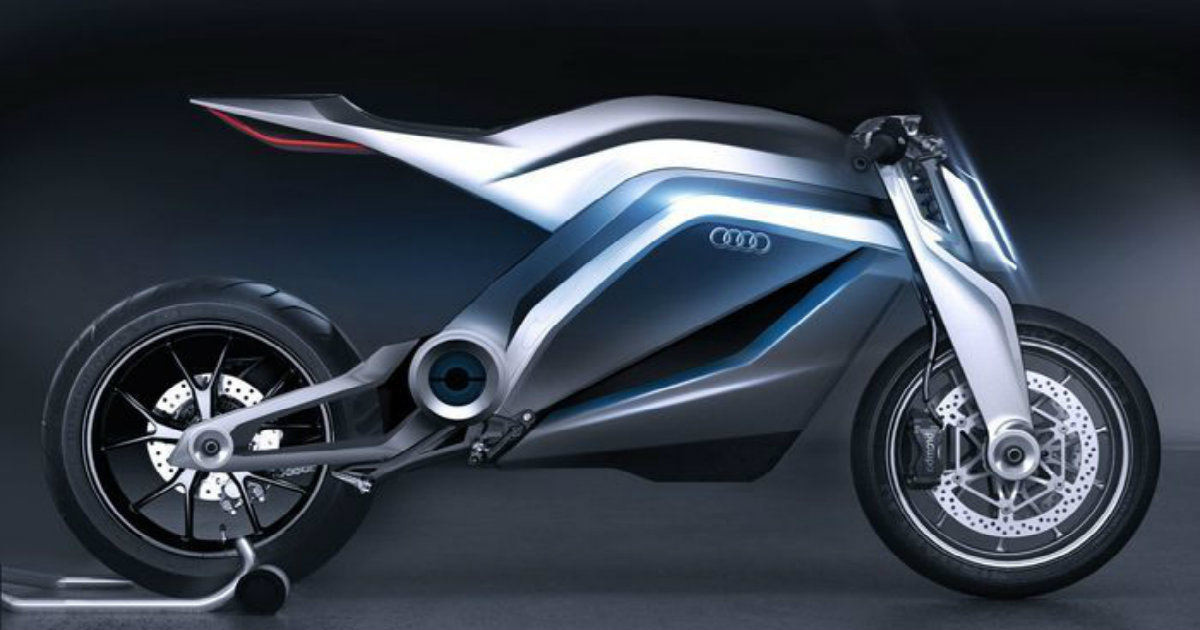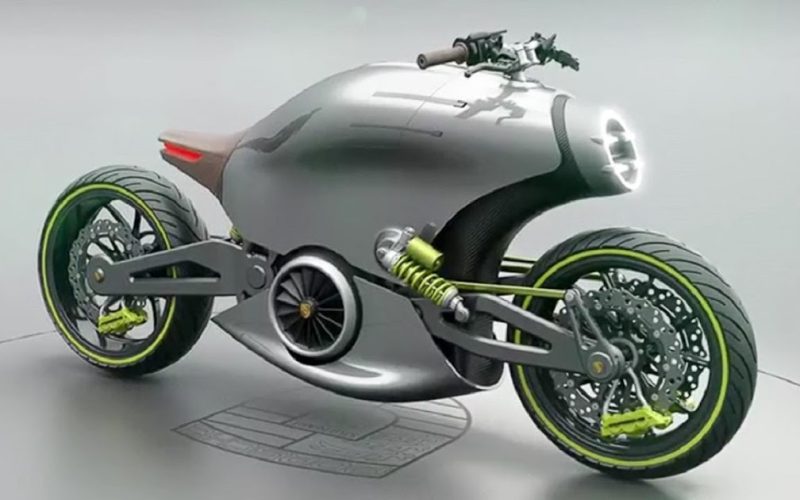The of transportation is evolving towards sustainable and solutions, with electric bikes paving the way for eco-friendly urban mobility. Electric bikes, also known as e-b, combine the convenience and health benefits of traditional cycling with the power of electric assistance, offering riders a greener and more accessible alternative for commuting, leisure, and fitness. In this article, we explore the technological advancements, market trends, and environmental impact driving the future of electric bikes and revolutionizing the way we move.
1. Technological Advancements in Electric Bikes:
Electric bikes are undergoing rapid technological advancements, with innovations in battery technology, motor efficiency, and smart connectivity enhancing the performance and user experience of e-bikes. Integrated sensors, regenerative braking systems, app connectivity, and predictive analytics are transforming electric bikes into intelligent, data-driven vehicles that optimize power usage, range, and rider comfort.
2. Market Growth and Adoption of Electric Bikes:
The market for electric bikes is experiencing exponential growth, fueled by increasing demand for sustainable and active transportation solutions. With rising awareness of environmental issues, urban congestion, and health benefits of cycling, more consumers are embracing electric bikes as a practical and eco-conscious mode of commuting, recreation, and exploration, driving market expansion and product diversification.
3. Urban Mobility and Last-Mile Solutions:
Electric bikes are redefining urban mobility by offering convenient and efficient last-mile solutions for commuters, city dwellers, and travelers. E-bikes enable riders to navigate traffic, avoid congestion, and bridge the gap between public transport hubs and final destinations, promoting accessibility, affordability, and flexibility in urban transportation networks.

4. Health and Wellness Benefits of Electric Bikes:
Electric bikes promote health and wellness by encouraging physical activity, outdoor engagement, and sustainable mobility options. By providing pedal-assist capabilities, e-bikes make cycling more accessible and inclusive for individuals of all fitness levels, ages, and abilities, fostering a culture of active living, stress reduction, and enjoyment of the outdoors.
5. Environmental Impact and Sustainability of Electric Bikes:
Electric bikes contribute to a cleaner and greener environment by reducing carbon emissions, traffic congestion, and reliance on fossil fuels in urban areas. With zero tailpipe emissions and lower energy consumption compared to motor vehicles, e-bikes offer a sustainable and eco-friendly transportation solution that supports conservation efforts, air quality improvement, and emission reduction goals.
6. Integration of Electric Bikes in Smart Cities:
Electric bikes are being integrated into smart city initiatives and urban planning strategies to enhance mobility, connectivity, and sustainability in metropolitan areas. By incorporating bike-sharing programs, bike lanes, charging infrastructure, and e-bike incentives, cities are leveraging electric bikes as a key component of eco-mobility solutions that prioritize efficiency, accessibility, and well-being of residents.
7. Connectivity and IoT Features in Electric Bikes:
The future of electric bikes is characterized by connectivity and Internet of Things (IoT) features that enhance the functionality and user experience of e-bikes. From GPS navigation systems and remote diagnostics to smartphone integration and theft prevention, electric bikes are becoming smarter and more interactive, offering riders a seamless and connected ride experience that combines technology with sustainable transportation.
8. Design and Innovation in Electric Bike Models:
Design and innovation play a significant role in shaping the future of electric bikes, with manufacturers focusing on lightweight materials, sleek aesthetics, aerodynamic frames, and modular components that prioritize performance, comfort, and style. Foldable e-bikes, cargo e-bikes, urban commuters, and off-road models are some of the diverse options available to cater to different rider preferences and lifestyle needs.
9. Regulatory Framework and Safety Standards for Electric Bikes:
As electric bikes become more prevalent in urban landscapes, regulatory frameworks and safety standards are evolving to ensure the responsible and harmonious integration of e-bikes into existing transport systems. Regulations governing speed limits, power assistance levels, helmet requirements, and bike lane access are essential in promoting the safe operation and coexistence of electric bikes with other modes of transportation.
10. Consumer Empowerment and Lifestyle Benefits of Electric Bikes:
Electric bikes empower consumers to embrace a

that prioritizes health, convenience, and environmental stewardship. With the flexibility to choose pedal-assist levels, explore new routes, and enjoy the freedom of cycling with ease, e-bike riders experience a transformative mode of transportation that aligns with their values, preferences, and aspirations for a cleaner, healthier future.
Conclusion:
The future of electric bikes is bright, with continued innovation, market growth, and environmental impact driving the evolution of sustainable and accessible transportation solutions. As e-bikes become increasingly integrated into urban landscapes, smart city initiatives, and consumer lifestyles, they offer a compelling alternative that combines eco-friendly mobility, health and wellness benefits, and technological advancements to shape the way we move and connect with our surroundings. By embracing electric bikes as a versatile and impactful mode of transportation, we are paving the way for a more sustainable, vibrant, and connected future where cycling becomes a transformative and empowering experience for individuals, communities, and the planet.












